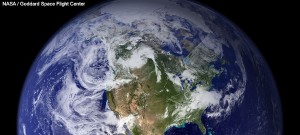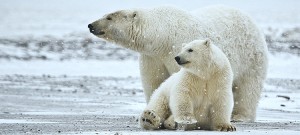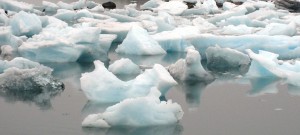Nature
Ocean warming a largely man-made phenomena, say researchers
New research finds that the warming of ocean temperatures over the last 50 years has been largely due to man-made greenhouse gases.
Has climate change been the death of environmentalism?
The latest Earth Summit provides us with another chance to reflect on the state of the planet, but will it offer an opportunity to reintroduce nature to the heart of the environmental debate?
Plants flowering faster because of climate change
New research published on Nature warns that plants flowering faster from climate change could have devastating implication for ecosystems.
“Significant Challenges” for life in the Arctic Ocean, says report
Unique all-season report finds risk to biodiversity in the Arctic Ocean and points towards “significant challenges” faced by the region’s nature. Meanwhile another study finds some species could still thrive in the Arctic.
Polar bears need longer to adapt to climate change, say researchers
New research has found the polar bear to be much older than originally thought, showing it adapted much less rapidly to harsh conditions of the Arctic. Researchers say this questions its ability to adapt to current climate change.
Short-term climate change gains for plants quickly lost, says research
New study finds that the grass is not always greener. While grasslands could thrive in early stages of climate change, they will quickly deteriorate, new research shows.
Research breakthrough: CO2 rises caused warming that ended last ice age
Compelling new evidence suggest that rises in CO2 caused much of the global warming responsible for ending the last ice age, strengthening the link between CO2 and rising temperatures today.
New report: Climate change could lead to increase in extreme weather
New research looks to highlight the role climate change has at turning extreme weather events into the record breaking events.
Newborn seal pups vulnerable to climate change
New study suggests that in their first few months of life, fur seal pups could be particularly vulnerable to climate change as they use more and more energy to keep warm.
Harmful algae thriving in warm and windy Atlantic
Warming oceans and increases in windiness could be causing the rise in harmful algal blooms in the North Atlantic Ocean and North Sea.


